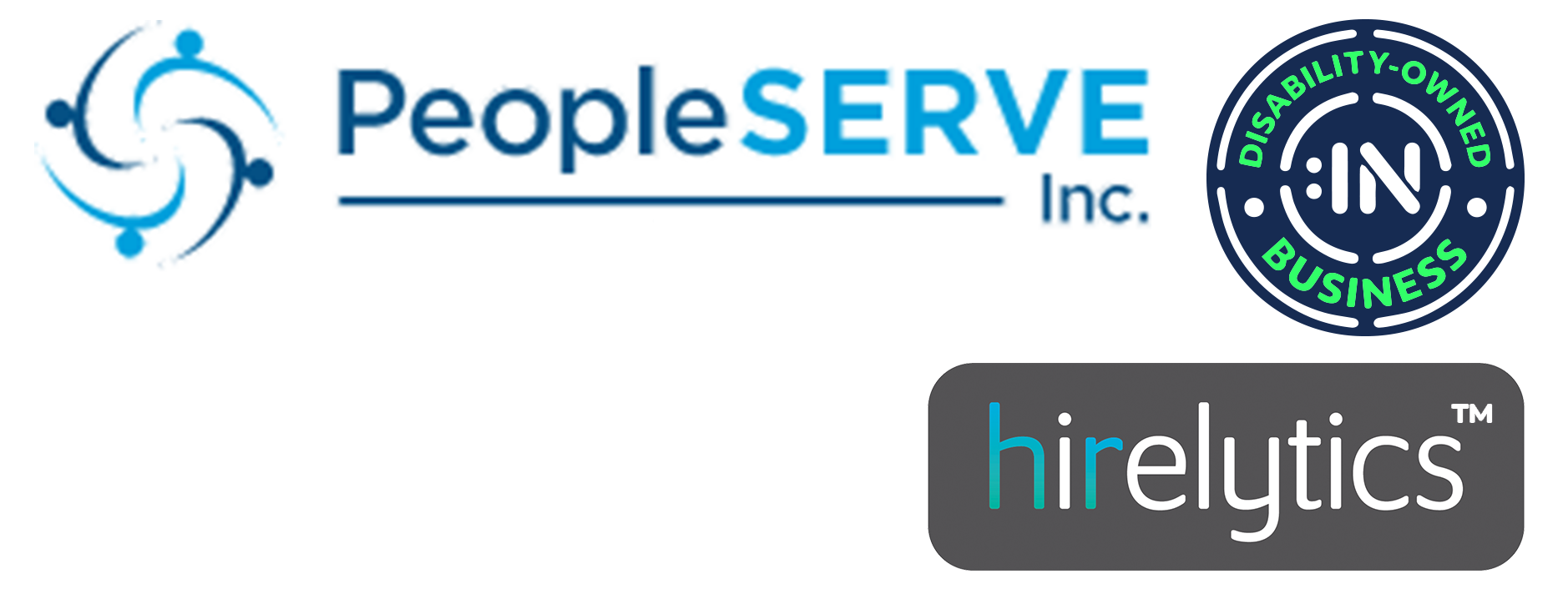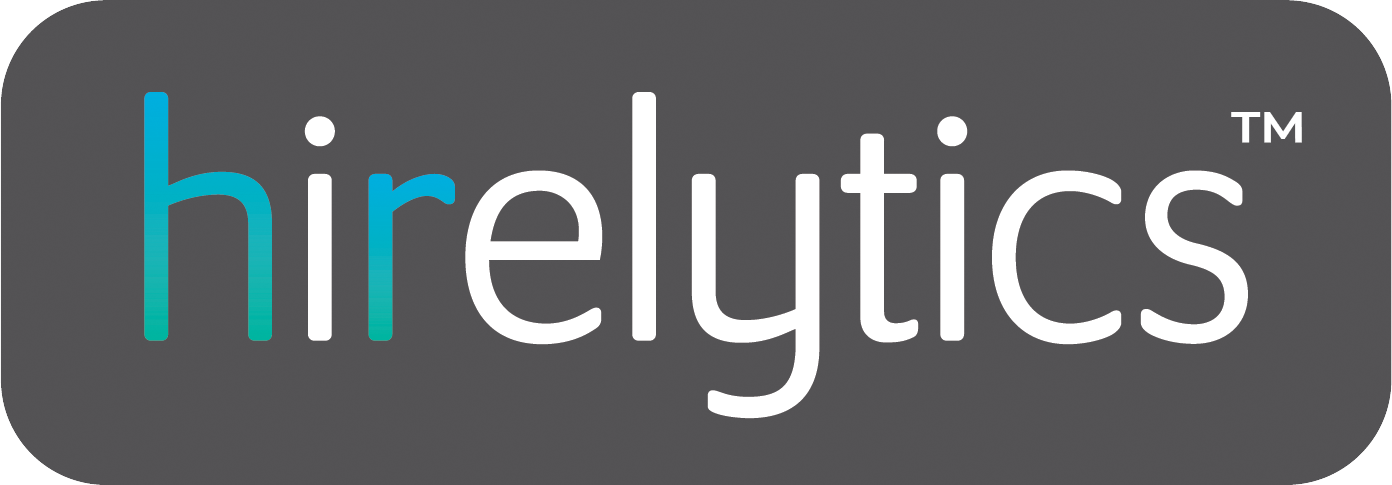Choosing a candidate to fill a job opening is part art, part science. There’s a lot of “gut feeling” involved, but to get enough information to make a decision, you have to gather the right data. The best way to get to know applicants is to ask interview questions that allow candidates to showcase their skill and offer you a glimpse at key skills — as well as potential red flags.
What’s the best format for an interview?
There’s no one perfect way to structure an interview. Everything from how many people are present to the length of the interview itself depends on the industry, the job position in question and even your personal preferences.
All that said, most interviews can be broken up into five key sections:
- Introductions: First up, take a few moments for everyone to introduce themselves. For interviewers, this includes your position(s). You may also want to quickly run through what the candidate can expect from the interview and initiate some small talk to help put them at ease.
- Information: This part of the interview is where you convey important company information as well as details about the job opening.
- The Interview: This is the longest and most crucial part of the interview process as it contains candidate all the job interview questions and answers. You’ll want this section to be long enough that you ask any questions you feel are essential but not so long that the candidate feels like they’re being grilled.
- Candidate Questions: Now it’s the candidate’s turn to ask questions. They may want you to elaborate on salary and benefit packages or discuss the company’s plans for the future.
- The Wrap Up: Here’s where you thank the applicant for coming in and let them know what they can expect in terms of what’s next in the hiring process. The expectations of the modern workplace is a good place to start outlining the role that the employer and employee plays.
How can I best prep to interview a candidate?
Get ready for a day full of interviews by making sure you’re fully up to date on the job description, the salary and benefits you’re offering and what questions you want to ask. Candidates are sizing you up just as you’re gauging their readiness and professionalism, and you don’t want to lose out on talent because you forgot to do your homework.
What interview questions should I ask candidates to find the best fit?
Hiring questions run the gamut from asking about professional experience to talking about personal strengths and weakness. The goal is to learn not only about the candidate but also how they’d work with the team you already have in place. Here are some questions you may want to include on your list:
- What drew you to our company?
- Why do you want to leave your current job?
- What do you wish your current company/boss would do differently?
- Why do you think you’re the best fit for this position?
- What three words would you use to describe you? How do you think your coworkers would describe you?
- How would you handle a personality conflict in the workplace?
- What do you hope to learn from your next job/company?
- Describe your favorite customer interaction to date.
- What do you want me to know that’s not on your resume?
What “red flags” should I look for when interviewing a candidate?
Vetting candidates can be tricky. As much as you’re looking for characteristics that make each applicant a great fit, you should also be on the lookout for signs that the person you’re interviewing may not be the best person for the job.
Some red flags like showing up late, being unprepared and dressing inappropriately are obvious. Other issues like an inability to think critically about your interview questions or a lack of familiarity with their potential duties will take some digging to uncover.
Other possible red flags include:
- Complaining about their former company/boss
- Not having professional references
- Being rude to front office staff
- Immediately asking about salary or vacation time without focusing on other aspects of the job
- Disconnect between what’s on their resume and the knowledge they showcase in person
Building the right team requires the right strategy and identifying effective interview questions is just the first step. Let the experts at PeopleSERVE help optimize your recruitment process and land top talent.


